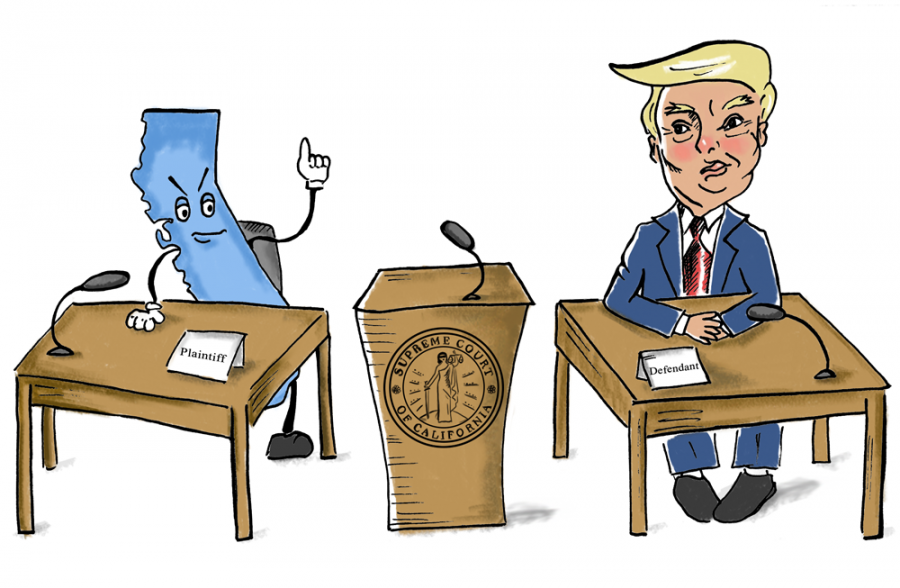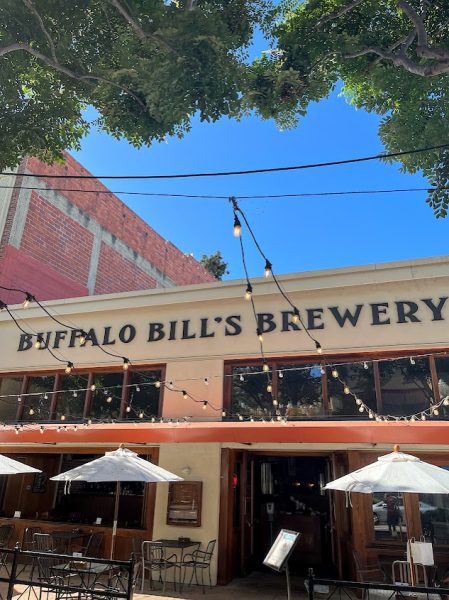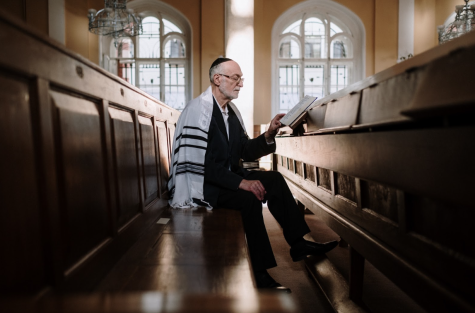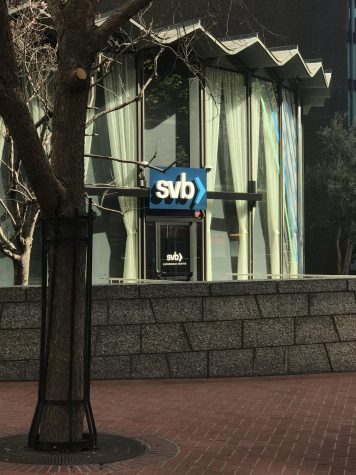California joins opposition against immigration ban
February 8, 2017
On Jan. 27 President Donald J. Trump signed an executive order that put a 90-day ban on immigration between the United States and seven countries that include Iran, Iraq, Syria, Sudan, Libya, Yemen and Somalia, according to the order.
In response, Washington State filed a lawsuit earlier this month that claims the ban targeting Muslim countries is unconstitutional, according to court documents. California and 15 other states followed suit on Monday before a federal judge in Fresno when they filed a collective brief presented by California Attorney General Xavier Becerra that supports the Washington State lawsuit claiming the ban harms the state.
On Tuesday, three federal judges heard oral arguments via phone and are expected to make a determination soon on whether or not to lift the temporary restraining order against Trump’s ban.
In addition to California, Connecticut, Delaware, Illinois, Iowa, Maine, Maryland, Massachusetts, New Mexico, New York, Oregon, Pennsylvania, Rhode Island, Virginia, Vermont and the District of Columbia were all included in the filed brief.
On Jan. 27, a Washington State federal judge halted the implementation of Trump’s immigration ban and earlier this week Homeland Security announced they would go back to all screening processes prior to the Trump executive order, according to CNN.
The 23-page brief was co-written by Becerra and the attorney general offices from New York, Pennsylvania and Massachusetts. Becerra said the ban would not just limit travel for citizens from these countries, but it would also affect the admission process of state and public university students, which according to him is more than 2,000 students.
Cal State East Bay has 23 students from those countries; 19 from Iran, two from Yemen, one from Somalia and one from Iraq, according to CSUEB Executive Director of International Programs, Raymond P. Wallace. He further told The Pioneer all of these students are here through student visas, and “I assume that students in this group will defer travel until such time as the implications of the new policy are clear.”
Professor and Chair of the CSUEB Political Science Department David Baggins said Trump is a constitutional crisis that is comparable to former President Richard Nixon.
“The focus to me is, do we really take Middle East terrorism so seriously as to undermine the whole rule of law we have stood for at home and in the world?” Baggins said. “We stood for something as a nation. That the world was progressing toward liberty and the rule of law. President Trump is leading us back to a more violent world.”
On Jan. 30 CSU Chancellor Timothy P. White and all 23 campus presidents, including CSUEB President Leroy M. Morishita, issued a unified statement about the travel ban on Monday afternoon. The statement said the order went against the “fundamental tenets” of the CSU system and they stand with state and national officials requesting he reconsider the policy.
CSUEB Department of Political Science associate professor Elizabeth Bergman said several legal experts predicted this case will go to the Supreme Court.
“The very young Trump presidency has created a lot of civics lessons,” Bergman said.
According to Becerra, the attorney generals against the immigration ban believe a federal court will overturn the executive order.

















